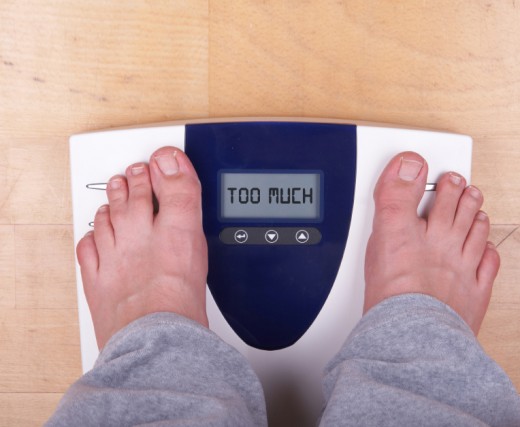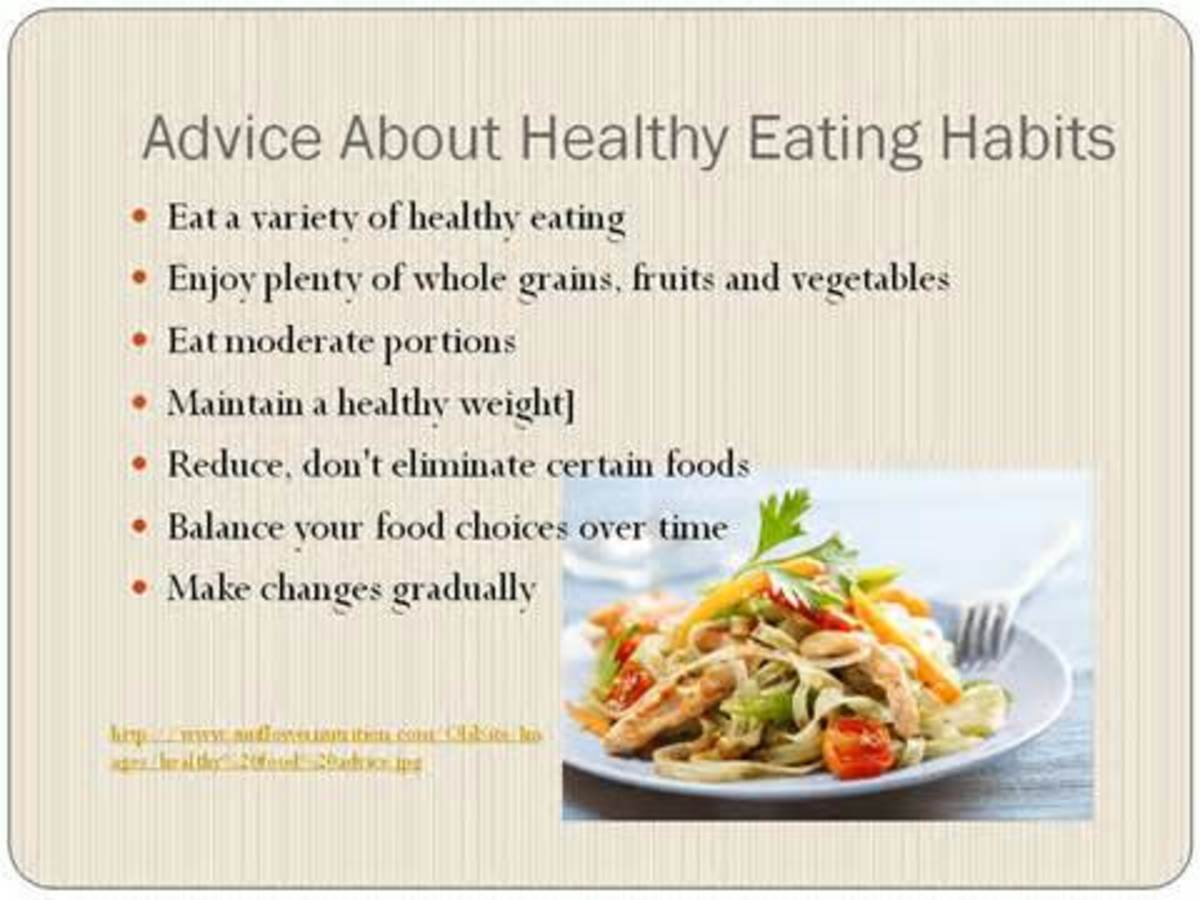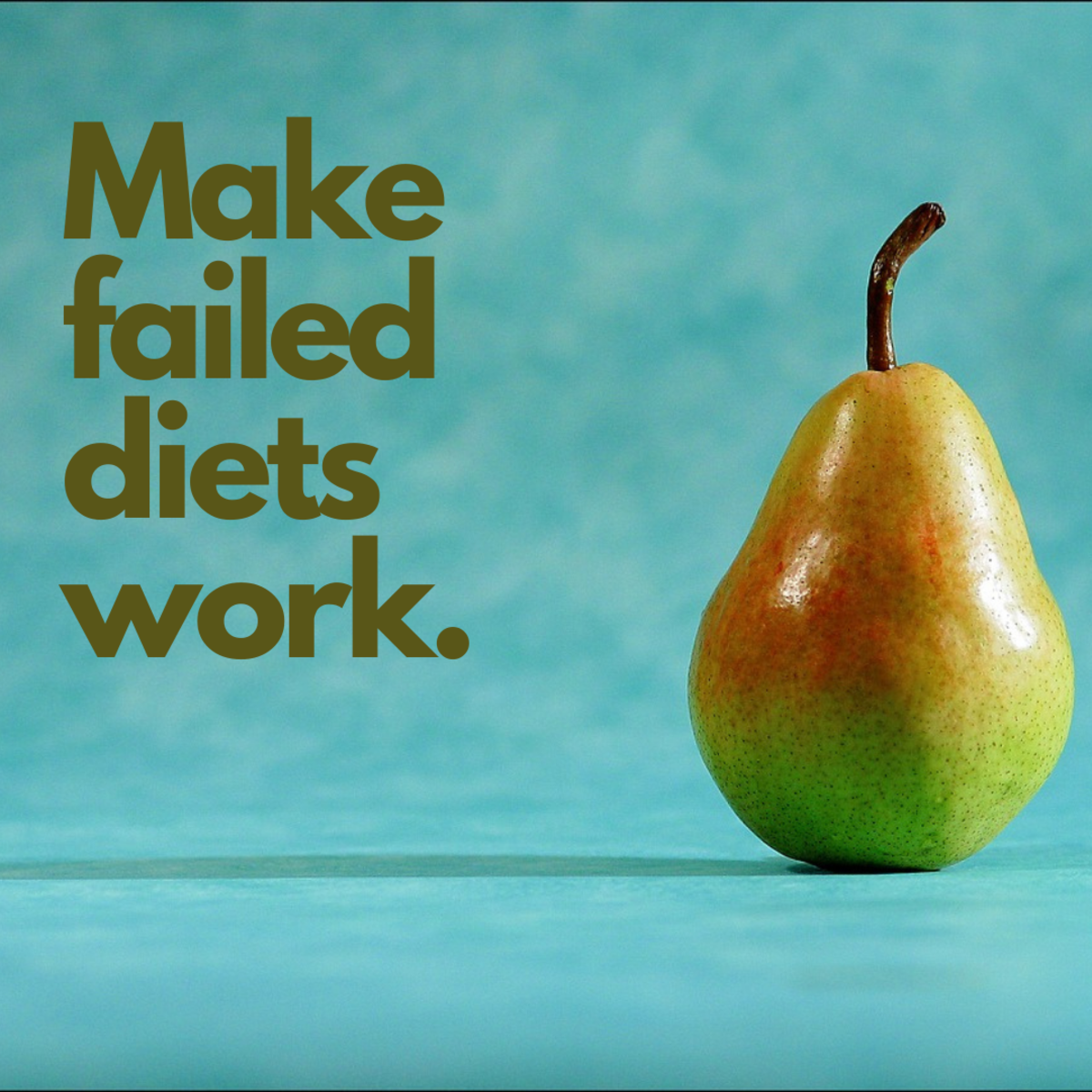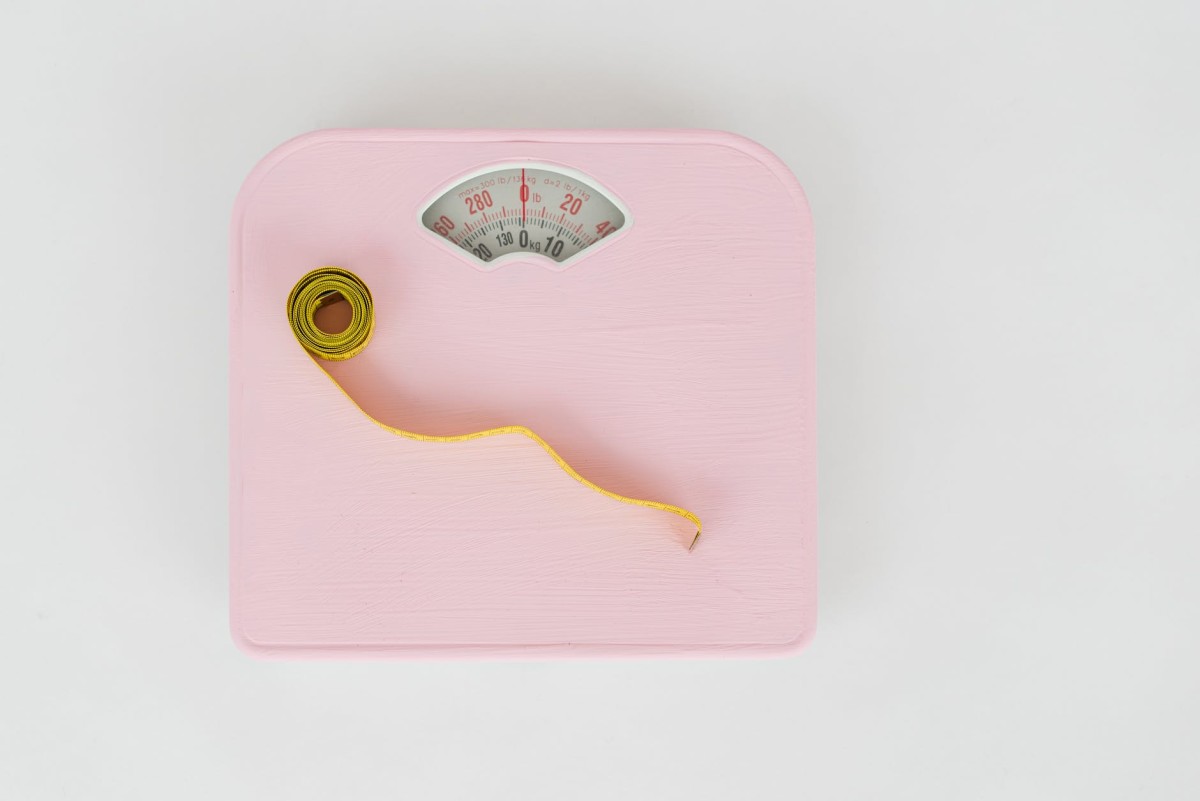Do You Weigh Too Much?
Why Weight Matters
I don’t want to scare you, but the health risks of carting around excess weight are real. If you’re only slightly overweight, your increased risks are minor, but if you’re truly obese – defined as more than 20% above your optimal weight or wearing more than 25% body fat – these are some of the dangers you’re looking at.
- At least twice the risk of high blood pressure; almost six times the risk if you’re under 45
- Likelihood of high cholesterol, leading to clogged arteries
- Higher chances of stroke
- Increased risk of heart disease and heart attack
- Increased risk of colon cancer and prostate cancer
- Increased risk of developing adult-onset diabetes
- Greater likelihood of sleep apnoea, gallbladder disease, osteoarthritis, and sexual problems
Here’s the case in a nutshell: fat men die young.

The Psychological Dimension
If that’s not enough to get you started on a healthy diet, think about this: there are also psychological problems tied up with being overweight – these include anxiety about health, feeling of shame, and self-consciousness.
It’s not only women in western countries who have a negative self-image from comparing themselves to the sculpted forms of fashion supermodels. Millions of men, trying to rebuild deflated self-esteem, are spending a fortune on diets that don’t work, fueling a diet industry that is worth billions of dollars.
Are You Overweight?
Obesity is a reality for many of us. But do you really have to worry? Research shows that although only about one-third of men are truly overweight, many more than think that they are.
Why are so many of us convinced we’re fat? A lot of it has to do with cultural stereotypes: lean is good, pure and simple. Many international observers are amazed and amused by our obsession with leanness. In the one hand, I am not saying, “You’re only fat if you think you are.” On the other hand, the range of healthy, acceptable body shapes and sizes is far greater than certain sections of the media might have us believe.
It comes down to this: get things in perspective, take a realistic view of your body, and don’t get fanatical about your weight, or torment yourself with guilt about it.
So it’s important to take a realistic line on your weight. It’s also important to know the proportion of fat to muscle in your body. If you’re a trained athlete or if you work out a lot, you may have a high percentage of lean muscle mass. Muscle weighs more than fat. Compare a couch potato with a man who actually uses his health club membership to work out regularly. Both may be the same height and have the same body type – they may even weigh the same – yet one will be trim and healthy, and the other will be chubby and at risk. Nutritionists have stated that a body fat percentage of between 15 and 20 is healthy.
You've also got to take into account another factor, your age. Once a man turns 20, his metabolic rate begins to slow down, and the result is an average weight gain of 11/2 lb per year, unless that is, his calorie intake is reduced and his exercise levels are increased.
Until recently this was considered bad. But some experts say that perhaps mother nature’s not so crazy after all, and that a little weight gain as we go along is okay, even healthy. The jury’s still out on this new point of view. But stop. Before you head for the tub of ice cream, do bear in mind that this weight gain will continue to happen if you continue to eat just as you are eating now. So don’t go looking for trouble.

Why We Weight Too Much
If you made a pie chart called “Why we are overweight”, one slice might be called “Family: genes and habits”. The rest of the pie would be divided into slices labeled “Eat too much”. “Don’t exercise enough” and “High fat diet”. The problem is that too many of us don’t take just one slice, we eat the whole pie! Let’s look at these in turn.

Family Inheritance
Well, it’s not exactly your parents’ fault, but nutritional researchers now believe that human beings may be genetically programmed to carry different weights and also different amount of body fat. Each one of us may have a biologically determined “set point” for fatness, a specific amount of fat our body “wants” to carry, so that no matter how much we diet, it will keep trying to get back to that set point.
In other words, what is normal for one person may be high – or low – for someone else. That makes a lot of sense, considering that all sorts of other characteristics, such as height, hair color, body type, and build, run in families.
Genetically, you may inherit from your patents a large body frame, a slow metabolism, and a large number of fat cells. If you get this package, you’ll have to work very hard to maintain a healthy weight.
Too Much Food, Too Much Fat
Most of us simply eat too much food, more than we need to sustain all the body’s activities. If you take in more calories than you burn, the excess gets converted into fat and stored in fat cells for future use. Little by little the bulges build up.
We also don’t get the balance right. Men get 35% to 40% of their calories from fat; it should be 25% to 35%. Fat is more fattening than other foods. Protein and carbohydrates contain four calories per gram, a gram of fat nine calories. That means you can eat twice as much protein or carbohydrate as fat and still not take in as many calories. Also, fatty foods are readily converted into fat cells; complex carbohydrates and proteins, on the other hand, are not.

Sedentary Lifestyle
How many times have you been reminded of the importance of exercise, and vowed to do more? Yet we do have pretty good odds if we bet that you didn’t do much.
Only a small percentage of men in the US exercise regularly, and vast number of us don’t get any exercise at all. If you keep stuffing your face and don’t burn those calories off, they’re going to be staring you in the face from your mirror.

Did You Know?
Men who watch television for three hours or more per day are twice as likely to be obese as men who watch for less than an hour.
The Curse Of The Fat Genes
We all know that heredity plays an important role in determining how much weight we carry. But here’s the catch. Genes don’t determine what you’re going to eat for dinner, or how much you’re going to exercise. That part is up to you. A genetic pre-disposition towards overweight is no more than that: it’s not a life sentence. The way you live, and the decisions you make, will ultimately determine whether you get fat.
If you have that genetic tendency, you’ll have to work harder – and smarter – to eat foods that are high in fiber and low in fat, foods that fill you up without filling you out.
Take the Pinch Test
No, I don’t want to know whether you're awake or dreaming. But I do want you to check for a potentially serious risk factor for heart disease and adult-onset diabetes.
For reasons that are not yet fully clear, flab on the hips and buttocks is less of a health risk than a spare tyre around the middle. But even more serious is fat that you can't see at all. Known as visceral fat, this excess lard lies hidden in the abdominal cavity, if you have an expanded waistline but a hard belly so that you can't grab much flab when you pinch the skin, it might be wise to talk to your doctor.
Subcutaneous fat - the kind you can grab hold of - may not be pretty but it's less of a risk.

Poll Time
Which Of The Following Are You?
© 2018 Shekar Nair








